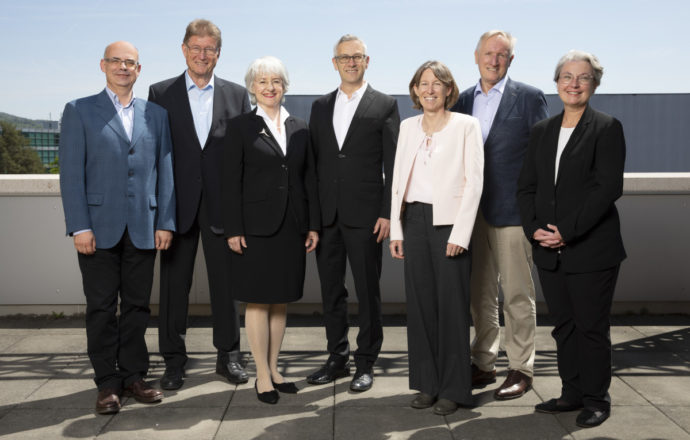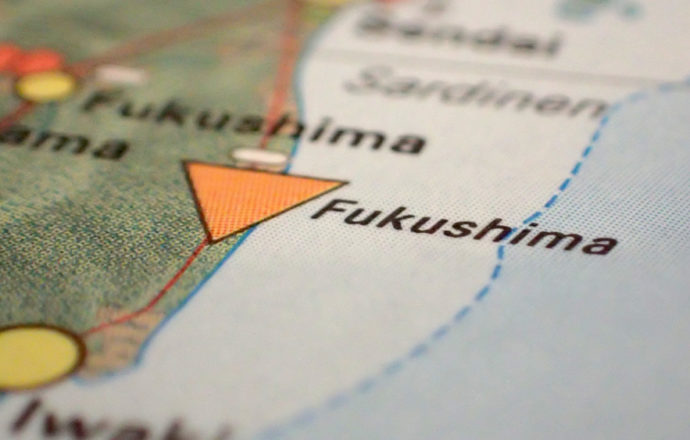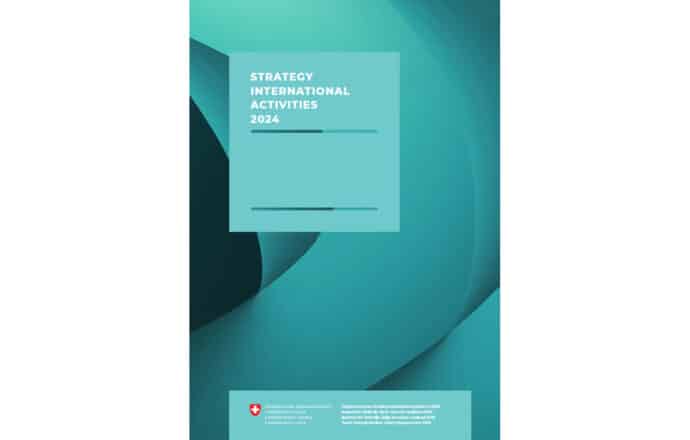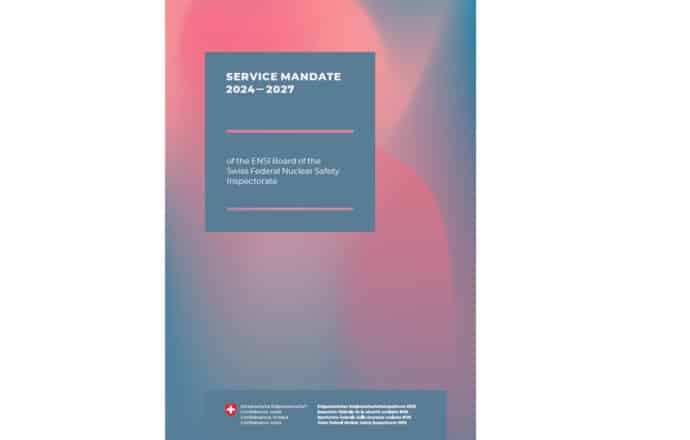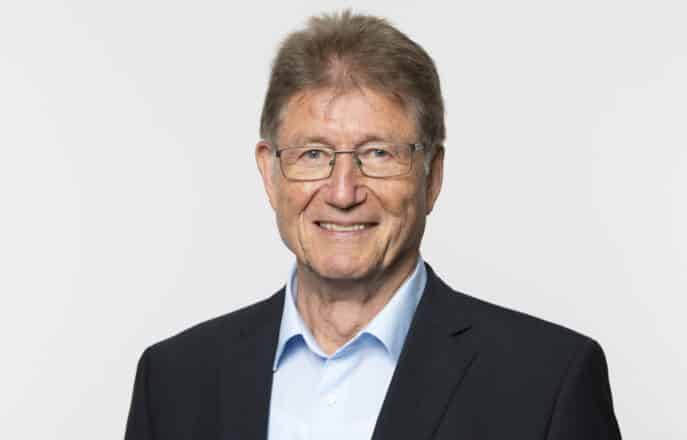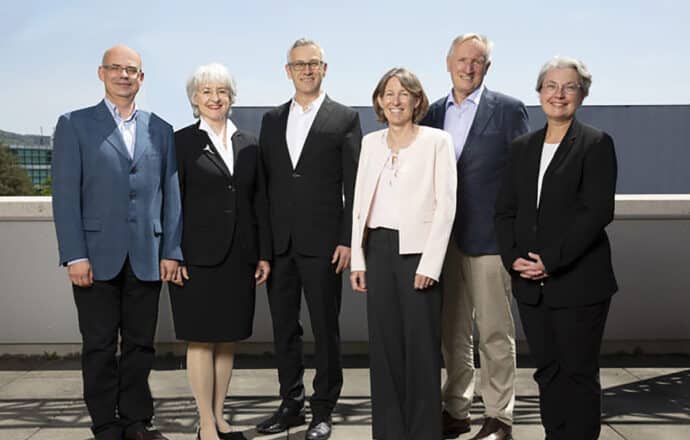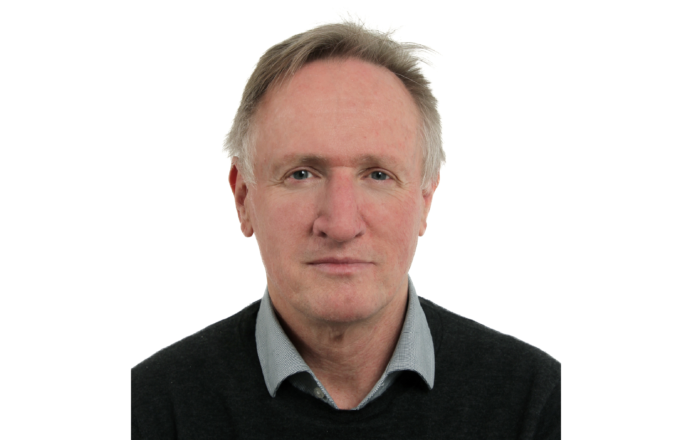Ten years on from Fukushima, the ENSI Board still holds that safety has priority over political or economic interests
Against the background of the lessons learnt from the major nuclear accident in Fukushima, the ENSI Board will continue to carry out its duties both vigilantly and independently, while ensuring the clear separation of ENSI’s regulatory safety function on the one hand from economic and political interests on the other.

